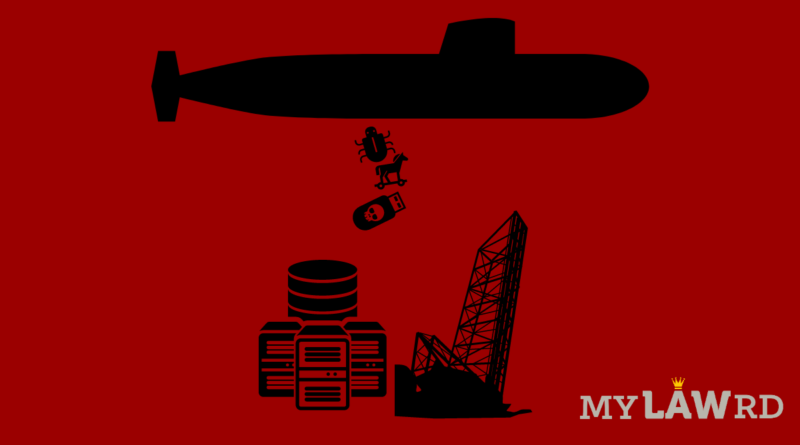NATO CCDCOE is inviting contributions to Tallinn Manual 3.0 project
The NATO Cooperative Cyber Defence Centre of Excellence (CCDCOE) is inviting legal and policy experts around the world to contribute to the Tallinn Manual 3.0 project.
CCDCOE is a NATO-accredited cyber defence hub, located in Estonia. After the infamous cyber attacks on Estonia in 2007, NATO countries and NATO itself realized the potential vulnerabilities to cyber warfare. Estonia thereafter proposed a NATO cyber excellence centre and after completing an assessment, this NATO Centre of Excellence was established. 22 countries have joined the Centre, including the United States, United Kingdom, France, Germany, Netherlands, Tukey, Spain, etc. Australia, Finland, Sweden, and Ukraine are contributing participants.
CCDOE has attained the status of an International Military Organisation and is engaged in cyber defence research, training, and exercises covering the focus areas of technology, strategy, operations and law. It is the sponsor of the recently launched Tallinn Manual 3.0 project.
The Tallinn Manual
The Tallinn Manual is a non-legally-binding scholarly work. It was produced by distinguished international law academics and practitioners to provide an objective restatement of international law as applied in the cyber context. It has served as an effective tool for policy and legal experts on how international law applies to cross-border cyber operations.
The first edition of the Manual was published by Cambridge University Press in 2013. It set out, for the first time ever, rules of cyber warfare. The group of scholars and legal practitioners who contribute to the Manual is led by Professor Michael N. Schmitt, part of the faculty of Law at the University of Reading School of Law. He also serves as the project director of the Tallinn Manual Project.
The Tallinn Manual focuses on the concepts of Jus Ad Bellum and Jus In Bello, in an attempt to classify cyber attacks as “armed attacks” on the basis of a certain threshold of severity, and lay down the rules of engagements as such. As per international law, any armed attack could trigger the ‘right to self defence’.
How can you contribute?
The Tallinn Manual 3.0 Project is a five-year venture. Kadri Kaska, Head of Law Branch at the CCDCOE said:
Previous editions of the Tallinn Manual have helped cyber defence professionals understand the rules of the game – what international law allows and prohibits regarding States’ conduct in cyberspace, as well as the obligations they shoulder. As the digital technologies evolve and practice accumulates, legal advisers and scholars alike are facing a growing number of legal questions for which their nations require practical answers. The question for the CCDCOE is, how can the new Tallinn Manual process tap into their insight and experience while being responsive to their needs?”
The CCDCOE has created a crowdsourcing tool, to allow experts to share their comments and suggestions on how the rules and accompanying commentary of the Tallinn Manual 2.0 should be revised in the light of emerging State practices. In addition to State practice and States’ official statements on international law, the activities and statements of international fora, such as those at the UN and regional levels, academic scholarship, and multi-stakeholder initiatives involving governments, industry, and civil society will be considered.
The CCDCOE has created a crowdsourcing tool, to allow experts to share their comments and suggestions on how the rules and accompanying commentary of the Tallinn Manual 2.0 should be revised in the light of emerging State practices. In addition to State practice and States’ official statements on international law, the activities and statements of international fora, such as those at the UN and regional levels, academic scholarship, and multi-stakeholder initiatives involving governments, industry, and civil society will be considered.
You can read the full press release here.
Do subscribe to our Telegram channel for more resources and discussions on tech-law. To receive weekly updates, don’t forget to subscribe to our Newsletter.

